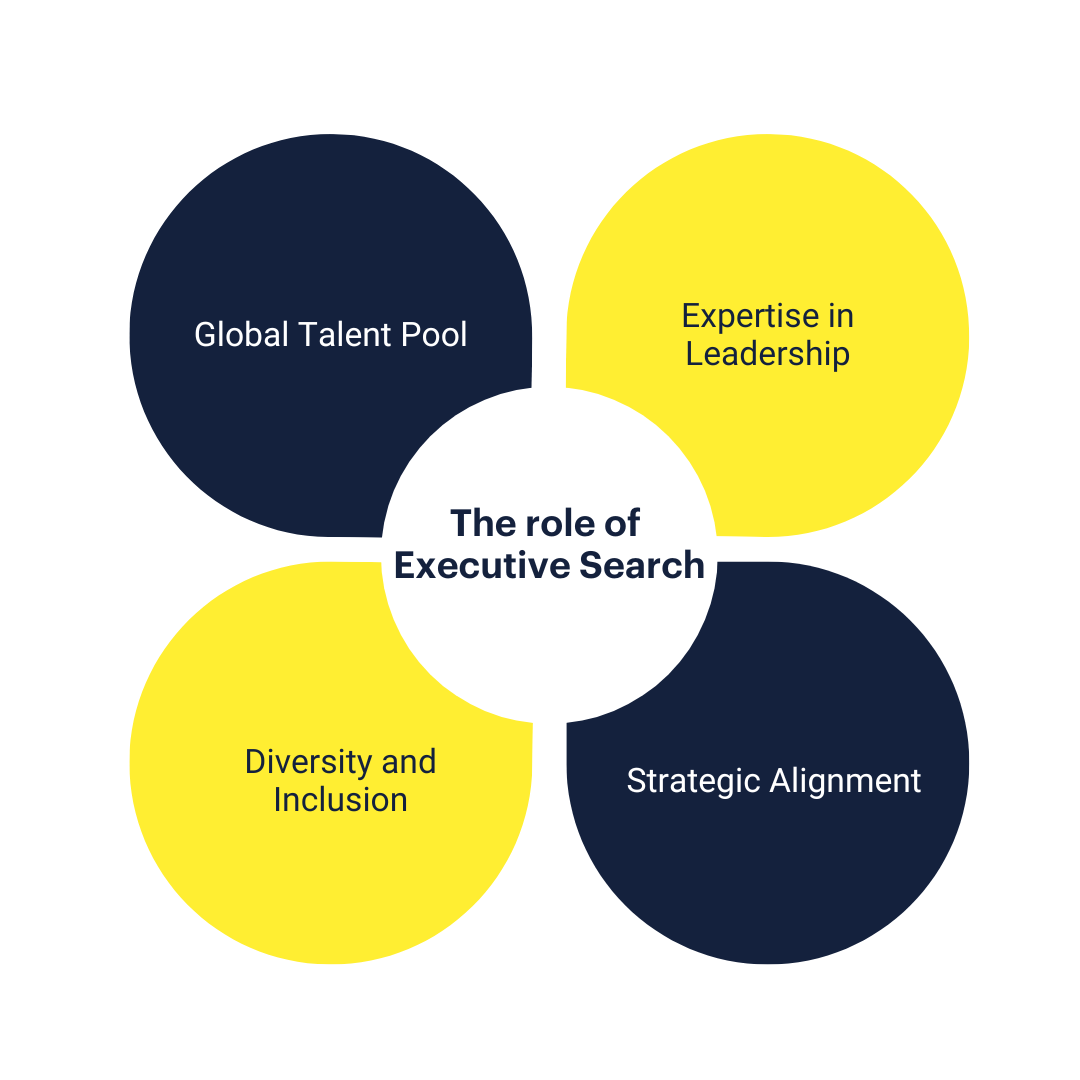Brazil’s education and nonprofit sectors play a crucial role in shaping the country’s social and economic landscape.Nevertheless, there are challenges within as well, like, education gaps, insufficient funding, bureaucratic procedures, and leadership deficits. Proper leadership that embraces innovation strategy and resource management is crucial.
Key Statistics on Brazil’s Education and Nonprofit Sectors
- Education System Size: Brazil has 47.3 million students in primary and secondary education, with over 2,500 higher education institutions.
- Digital Learning Growth: Online enrollment in Brazil grew by 44% in 2023, reflecting an increased demand for EdTech solutions.
- Nonprofit Sector Growth: The number of registered nonprofits in Brazil has doubled over the last two decades, reaching 820,000 organizations.
- Corporate Partnerships: In 2024, 78% of large Brazilian companies engaged in corporate social responsibility (CSR) initiatives, opening doors for more nonprofit partnerships.
Challenges Facing Brazil’s Education Sector
- Educational Inequality and Funding Issues
Despite being the largest education system in Latin America, Brazil continues to struggle with quality and access disparities. Schools in the public sector, particularly in low income areas, are budget constrained, but private sectors are increasingly competitive, and the student population is diversifying.
Key challenges include:
- Unequal access to quality between urban and rural areas.
- Insufficient government funding for public schools and universities.
- The gap between higher education and job market needs.
- The Rise of Digital Learning and EdTech
Technology is reshaping education worldwide, and Brazil is no exception. The pandemic accelerated digital adoption, pushing universities, schools, and training institutions to embrace e-learning, hybrid models, and AI-driven platforms.
Still, many organizations do not have the right motivational leaders to implement these innovations. Colleges and schools require a executives with digital skills to supervise the educational transformation while at the same time ensuring quality and make it accessible for students.
- The Need for Policy and Reform Leaders
With changing government policies affecting the sector, institutions require leaders who understand public policy and regulatory frameworks. Executive search firms can help identify candidates who can navigate these changes and advocate for progressive policies.
Challenges Facing Brazil’s Nonprofit Sector
- Funding and Financial Sustainability
Brazil’s nonprofit sector consists of more than 820,000 registered organizations, covering causes such as poverty alleviation, environmental conservation, and healthcare.
However, many nonprofits struggle with financial sustainability due to:
- Reduced public and private funding in economic downturns.
- Heavy reliance on international donors rather than local funding.
- Lack of experienced leaders to develop financial sustainability strategies.
- Navigating Bureaucracy and Regulatory Compliance
Brazil’s complex legal framework for nonprofit organizations makes compliance challenging. Leaders must understand tax exemptions, grant management, and government partnerships to operate effectively. Nonprofits need executives with experience in policy advocacy, fundraising, and financial management.
- Growing Demand for Social Innovation Leaders
With more corporations prioritizing Environmental, Social, and Governance (ESG)
initiatives, nonprofits have the opportunity to partner with businesses and drive impact through innovative social programs.
How Executive Search Firms Can Help
Given these sector-specific challenges, organizations need leaders with a unique mix of experience, strategic thinking, and adaptability. Executive search firms play a key role in connecting education and nonprofit institutions with visionary leaders who can tackle these issues head-on.
- Identifying Visionary Leaders
Executive search firms help recruit:
- University Presidents and Education Directors with expertise in policy reform and digital transformation.
- Nonprofit CEOs and Fundraising Directors skilled in sustainability planning, donor relations, and impact measurement.
- Filling the Digital Skills Gap
With EdTech and digital transformation shaping the future of education and nonprofit work, executive search firms prioritize leaders who:
- Understand hybrid and online learning models.
- Can leverage AI and data analytics for social impact.
- Have experience in scaling digital platforms for wider outreach.
- Sourcing Local and Global Talent
- Universities and schools need leaders familiar with Brazil’s education policies but also international best practices in learning models.
- Nonprofits need executives who understand Brazil’s social challenges while also leveraging global fundraising and partnership strategies.

As education and nonprofit organizations evolve to meet new challenges, strong leadership is the defining factor in their success. Whether it’s driving digital transformation in universities or securing funding for a social impact initiative, the right executive talent can make all the difference.
Executive search firms are uniquely positioned to help institutions identify, attract, and retain top-tier leadership. Their ability to match organizations with mission-driven professionals ensures that Brazil’s education and nonprofit sectors continue to grow, adapt, and create lasting impact.











